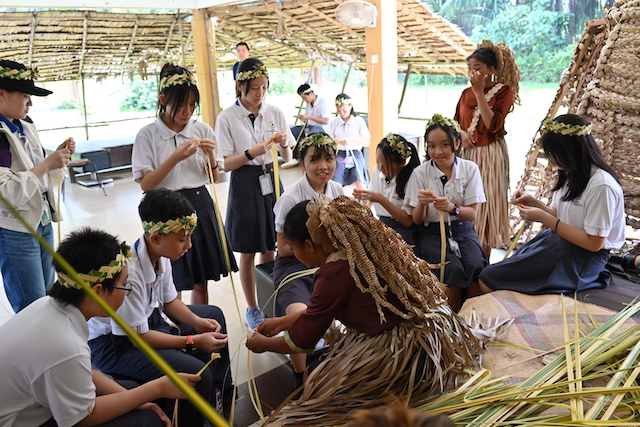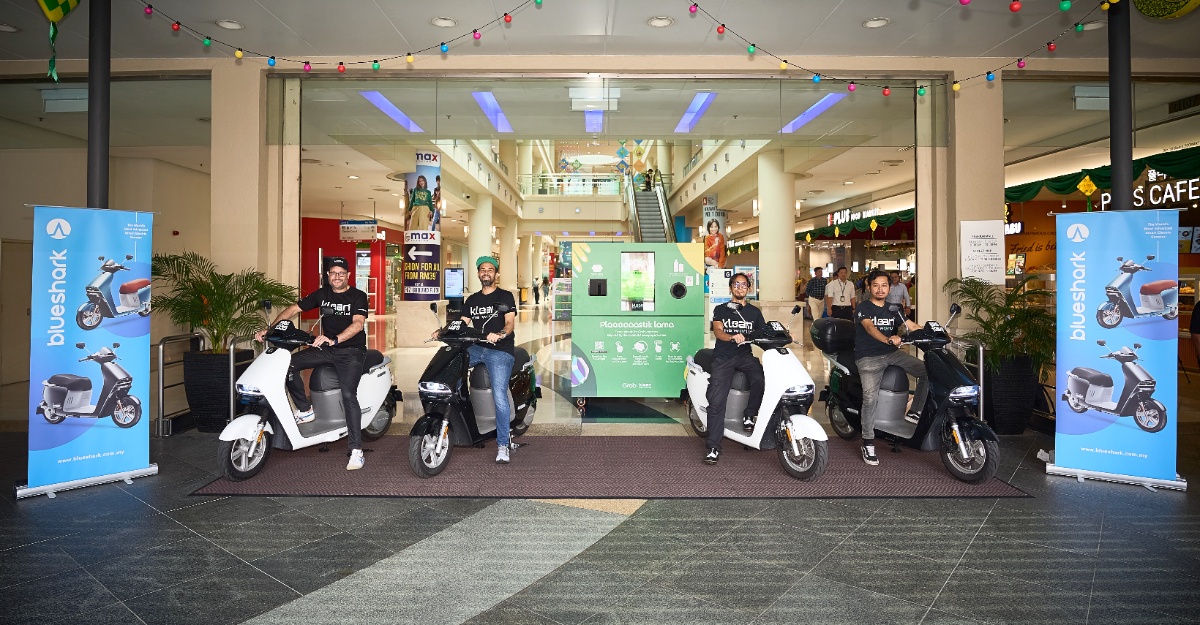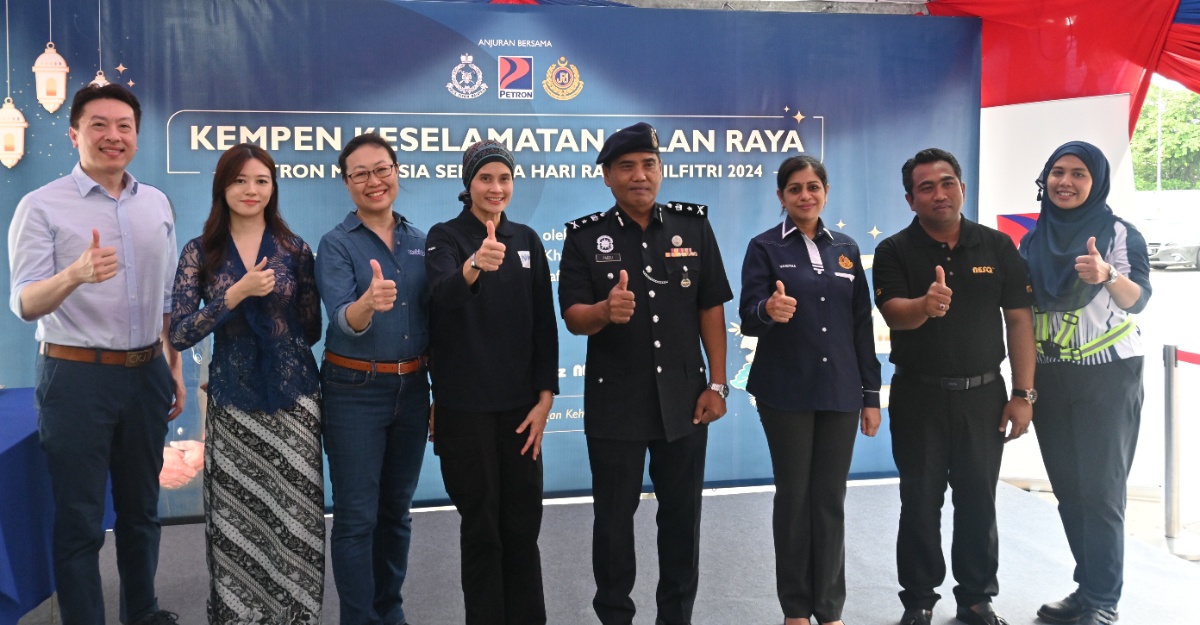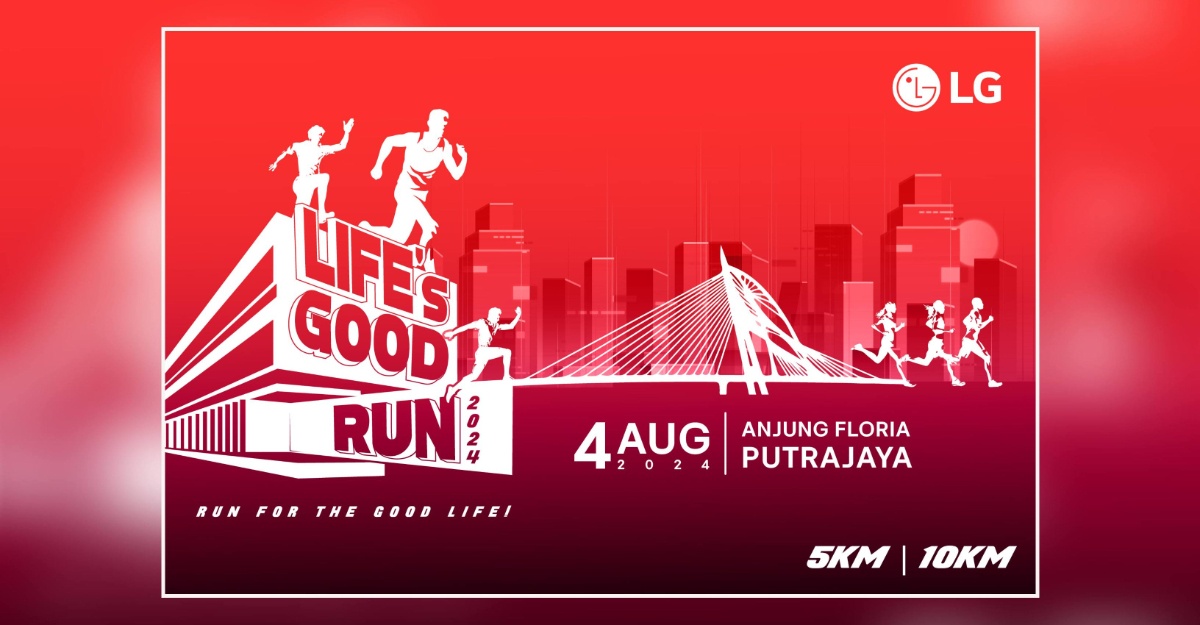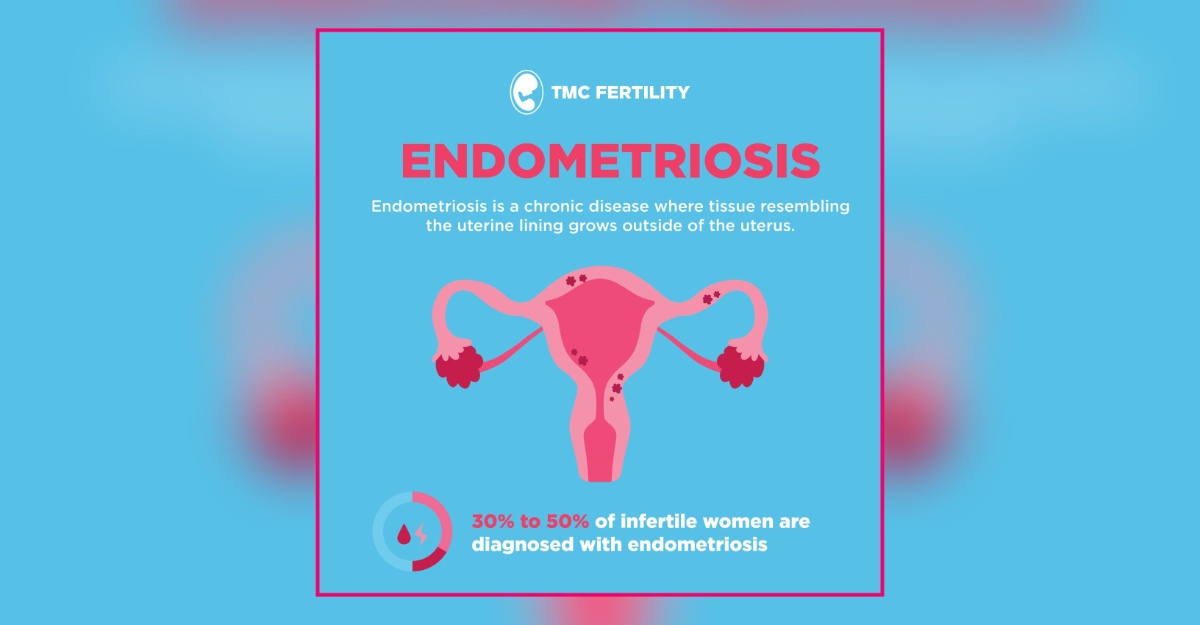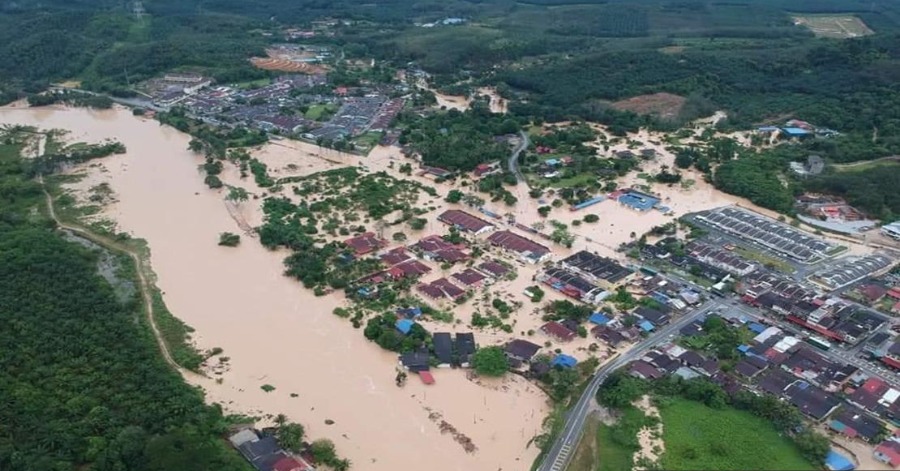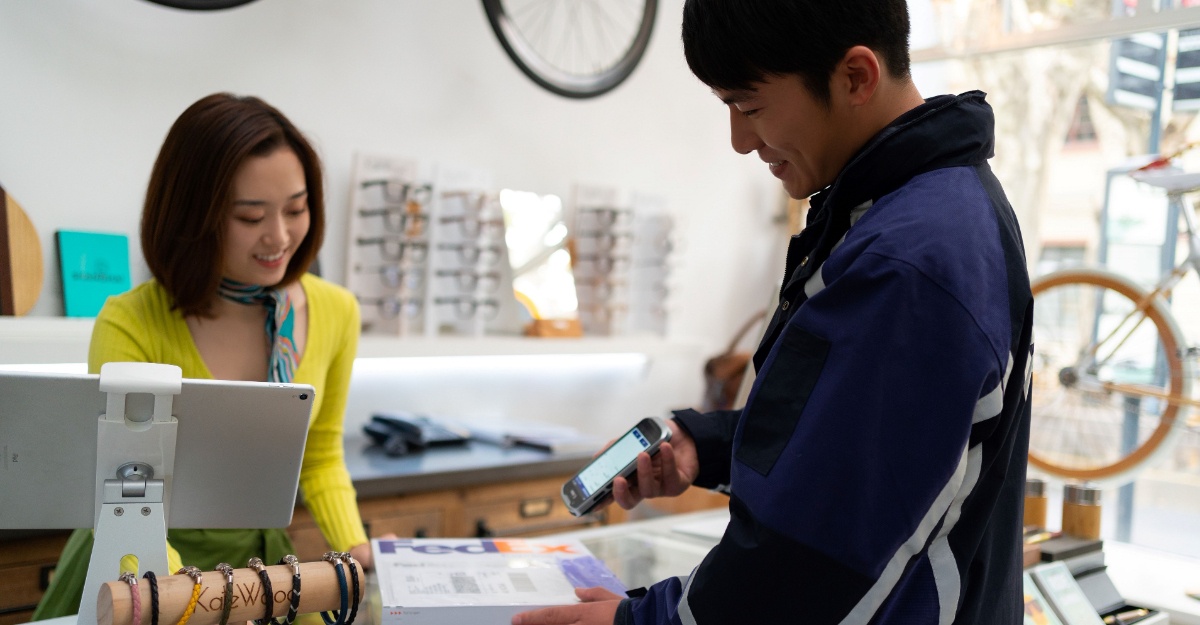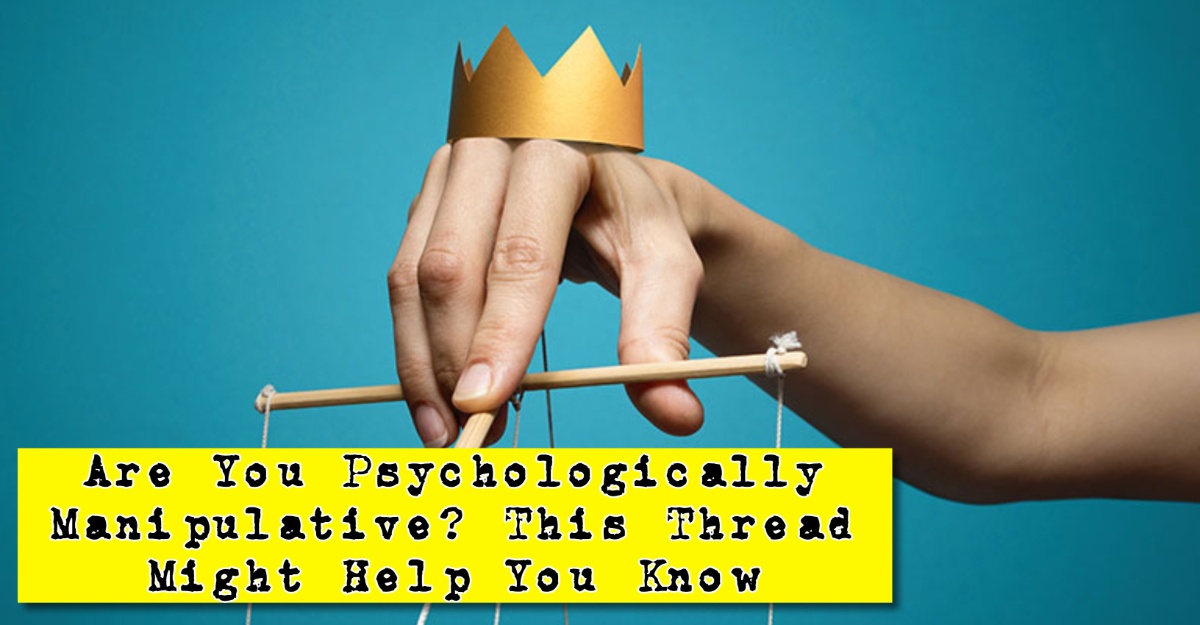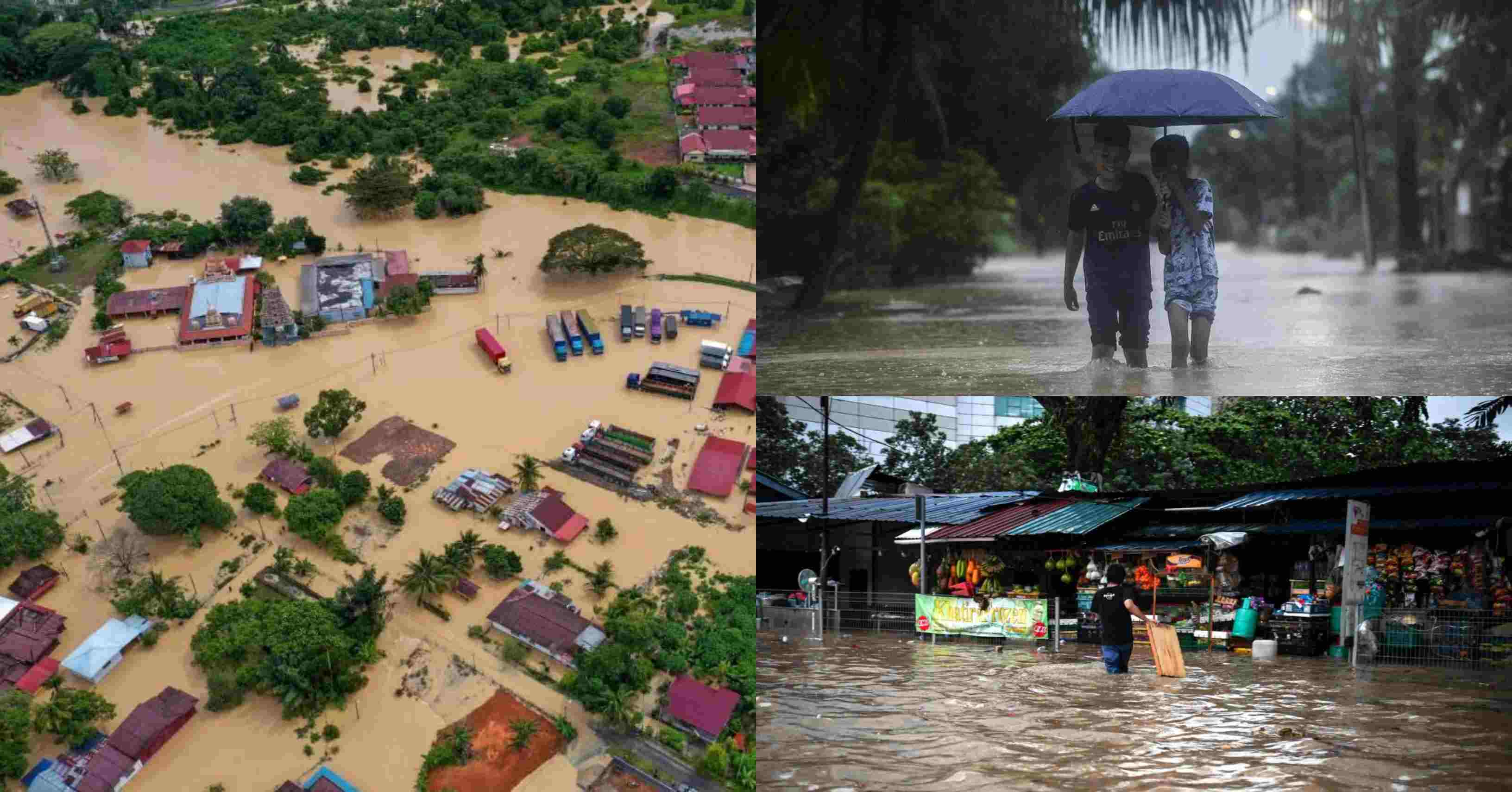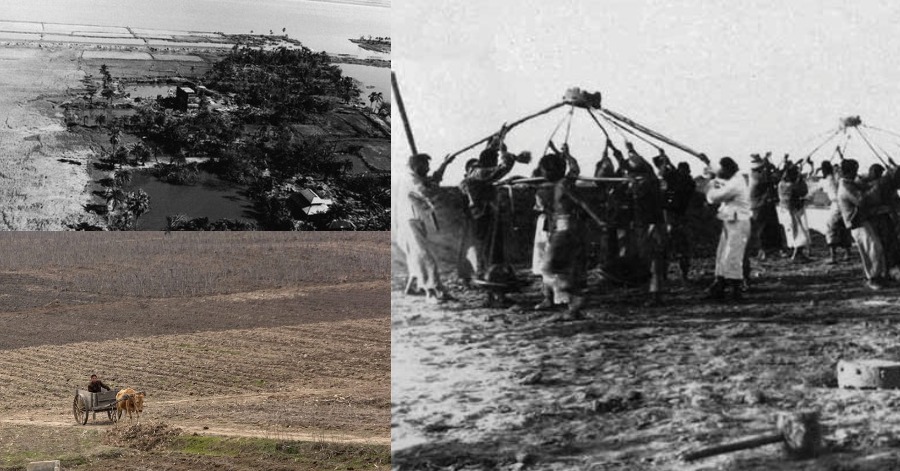Although the monsoon season between October and March in Malaysia brings about torrential floods year after year, it does not make the experience of victims any less psychologically painful. As of 20th December 2021, it is predicted that 11,000 Malaysians have been driven out from their homes and 66,000 personnel from the police, army and fire department have been mobilised nationwide to rescue them. The government has provided a post-flood allocation of RM100 million for the repair of homes and infrastructure.
This is on top of the already devastating impact of the coronavirus that people continue and will continue to face micro and macro crisis and disasters in their lives. The saying “When it rains, it pours” goes hand in hand with Murphy’s law of “Anything that can go wrong, will go wrong”. Whilst it remains uncertain when we can experience a micro or macro crisis in our lives, it is guaranteed that all of us will be faced with it.
Disasters are situations which leave an indelible mark on the lives of individuals and cause both physical and psychological trauma. We all know or have experienced disasters which we speak about decades later with potentially even the same level of psychological and emotional pain and discomfort. In order to prevent or minimise negative consequences of such an experience for both volunteers and survivors, psychological support treatments appropriate for individuals should be available and provided to all, especially during crisis and disasters.
Critical to provide Psychological First Aid
Whilst rescue workers and communities may be trained to provide (Physical) First Aid to deal with medical emergencies including cardiopulmonary resuscitation (CPR) and the use of unautomated external defibrillator (AED), it is also critical for all of us in the community to provide Psychological First Aid (PFA). The rationale behind this is that when a human being experiences a crisis, they may be impacted physically however they are surely to be impacted psychologically.
In Singapore, the vision for the Resuscitation and First Aid Council is to have every Singaporean to be able to perform CPR and first aid. Similarly, the vision for Malaysia should be to have at least one person from every household, workplace team and housing building to be trained in Psychological First Aid (PFA) before a crisis hits ourselves, those whom we love as well as our communities. Encouraging more people to learn skills such as Psychological First Aid will make Malaysia a more resilient society that can not only bounce back, but bounce forward quickly after a crisis.
Psychological First Aid is an evidence-based and a humane, supportive response to a fellow human being who is suffering and who may need support. It is an acute intervention of choice when responding to the psychosocial needs of children, adults and families affected by disaster and terrorism. It is designed to reduce the initial distress caused by traumatic events and to foster immediate and long-term adaptive functioning and coping.
According to the Kubler Ross Grief Cycle, when humans experience crisis, they tend to go through a range and cycle of emotions such as denial, anger, bargaining and depression. These can be extremely challenging to manage for volunteers who may have no background in psychological first aid. Further, when poorly equipped, volunteers may just as well experience the same emotions whilst volunteering and thereafter.
Studies measuring the effectiveness of just a full-day workshop on Psychological First Aid training programme found that volunteers experienced a significant increase in:
- self-confidence by 78% in being able to provide emotional support for survivors.
- being able to assess needs of survivors.
- knowledge on how to deal with children experiencing traumatic events.
- information about things to not do in these situations.
- distinguishing between normal stress reactions and mental health problems.
- knowledge on what types of interventions or activities could be harmful and useful for survivors.
- defining acute problems more accurately.
Equipping yourself with Psychological First Aid will mean that you will learn techniques to be able to ASSIST others in need from a psychological perspective. The acronym ASSIST stands for:
- Approach the individual: to respond to contacts initiated by affected persons, or initiate contacts in a non-intrusive, compassionate and helpful manner.
- Stabilise their emotions: to calm and orient emotionally-overwhelmed/distraught survivors and enhance immediate and ongoing physical and emotional comfort.
- Serve their needs: identify their immediate needs and concerns, gather additional information and tailor psychological first aid interventions.
- Inform them of the facts: offer them practical help and providing information to deal with the event.
- Support their story: structure opportunities with primary support persons or other sources of support including family members, friends and community helping resources.
- Tune them toward further services: to link survivors with available services that they may need for the future.
It is also critical to note that psychological first aid is that it is not about treatment, labelling or diagnosing. It is also not something that only professionals can do or something that everybody who has been affected by an emergency will need.
Should you be keen to start your journey on being equipped to provide Psychological First Aid, do refer to the Johns Hopkins Psychological First Aid Programme on Coursera or Psychological First Aid Guide for Field Workers by the World health Organisation, War Trauma Foundation and World Vision International.
One of the most important things that we can do with our lives is to use our two hands to:
1) help ourselves, and
2) help others.
Let there be a pervasive believe throughout humanity that though the world may be a scary place at times, that there will always be people around us who will pick us up when we are down. Pick up a course on Psychological First Aid for yourself and encourage everyone around to you to do so too!
Sources: BERNAMA

